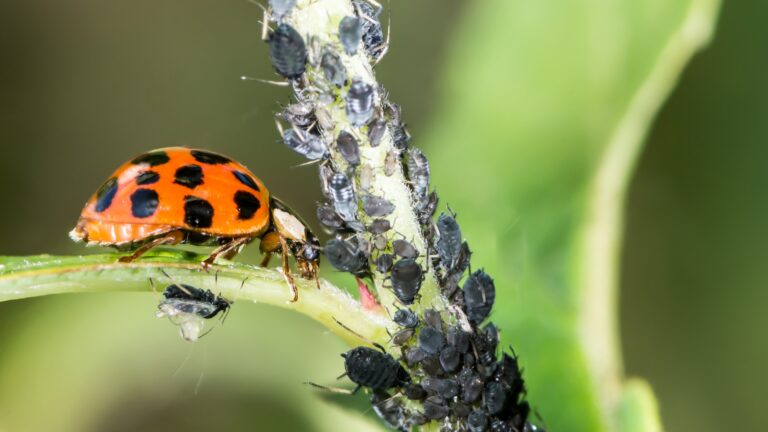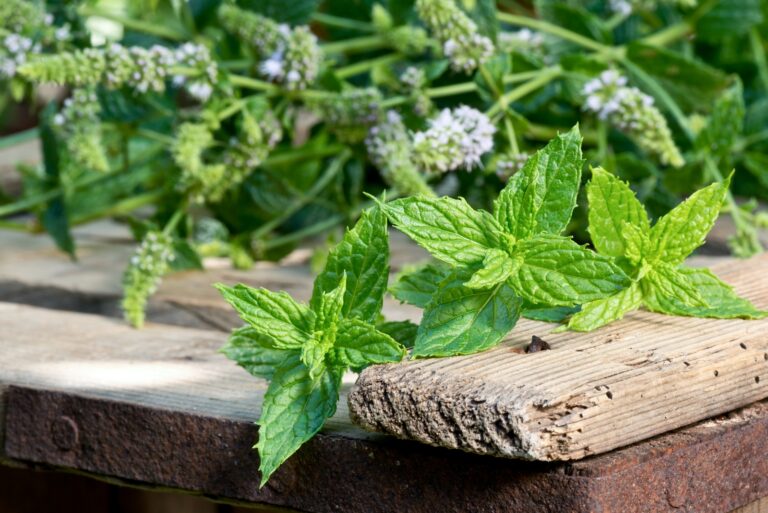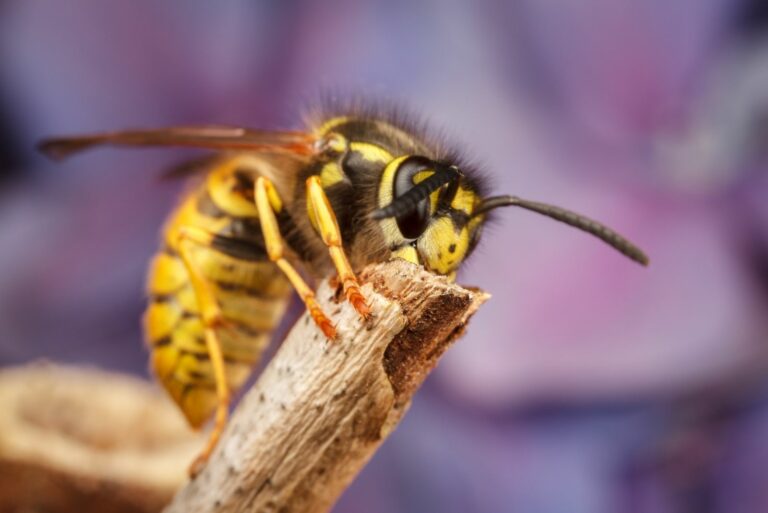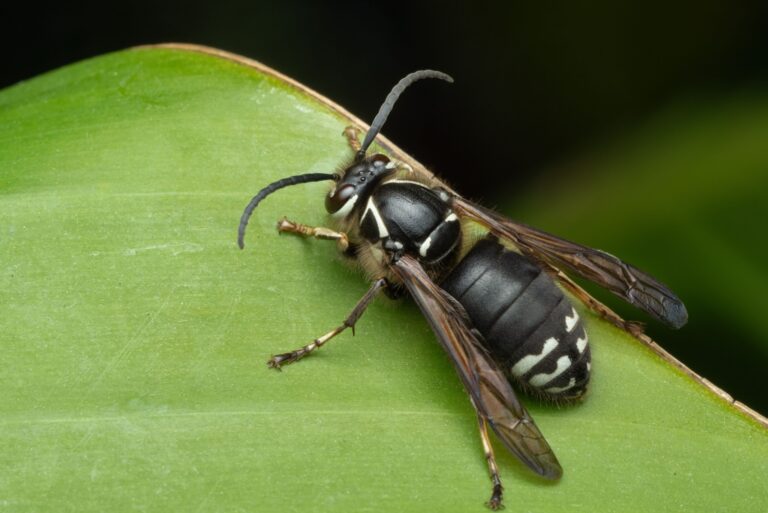Discover 16 Smells That Squirrels And Chipmunks Absolutely Hate (And Why They’re Way Better Than Sprays Or Traps)
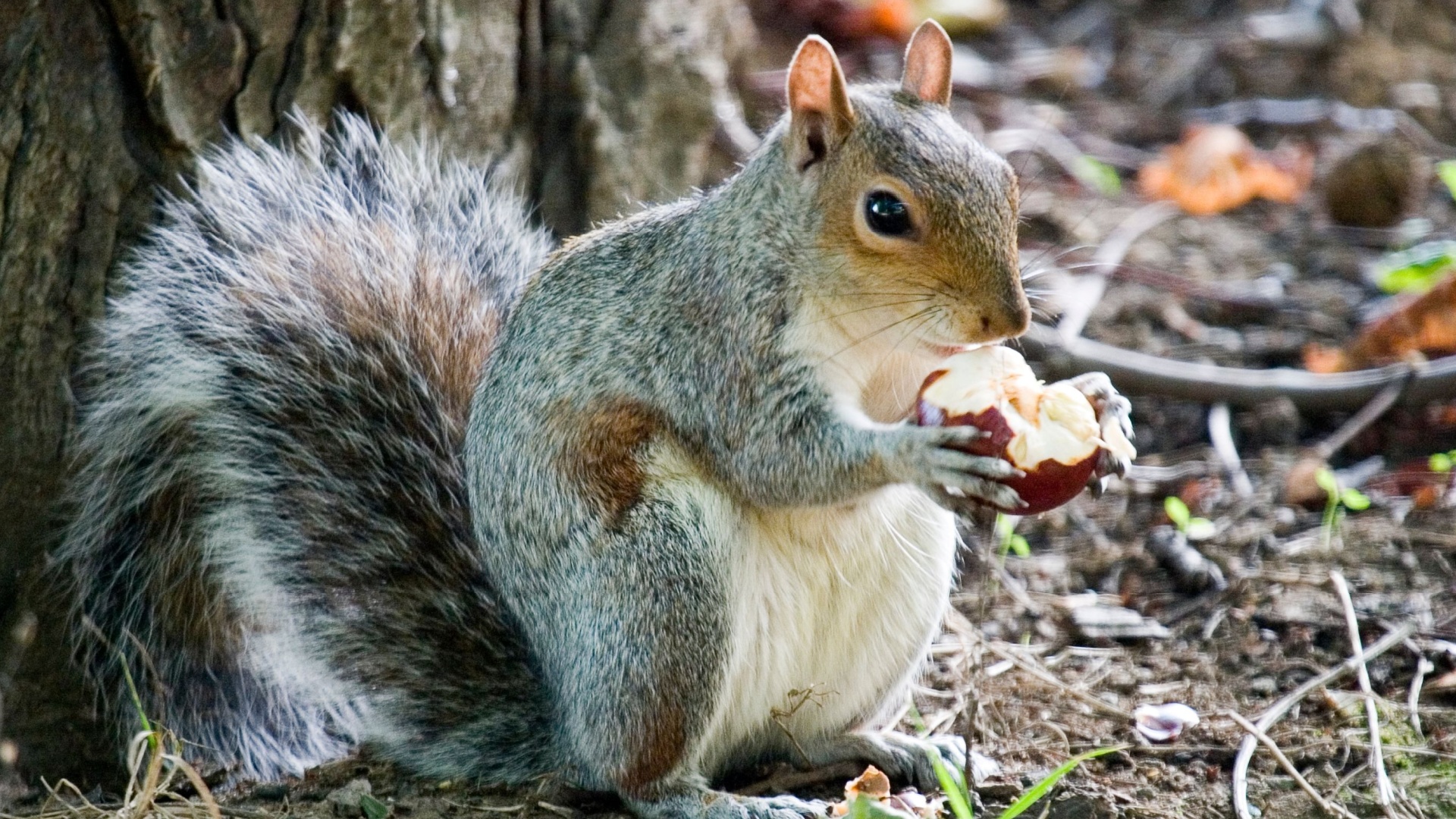
Sick of squirrels and chipmunks digging up your garden or raiding your planters? You don’t need messy traps or harsh sprays to keep them away. These 16 powerful scents naturally repel them—and they’re safer, cleaner, and way more garden-friendly.
Find out which smells send pests packing and why this method beats traditional deterrents every time.
1. Peppermint Oil: Nature’s Minty Shield
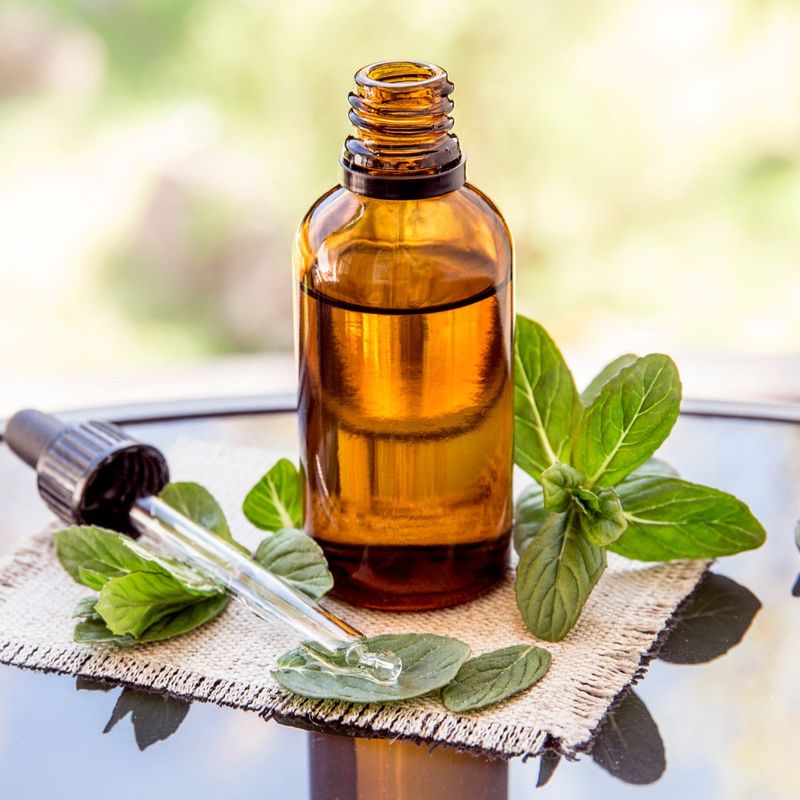
The sharp, cooling aroma of peppermint oil sends squirrels and chipmunks running in the opposite direction. Their sensitive noses can’t handle the intense menthol compound that we find refreshing. Soak cotton balls in peppermint oil and place them around garden beds, bird feeders, and entry points.
Replace them weekly or after rain for continuous protection. Fun fact: Peppermint oil also repels mice, spiders, and ants, making it a multi-purpose natural deterrent!
2. Garlic Cloves: Pungent Protection
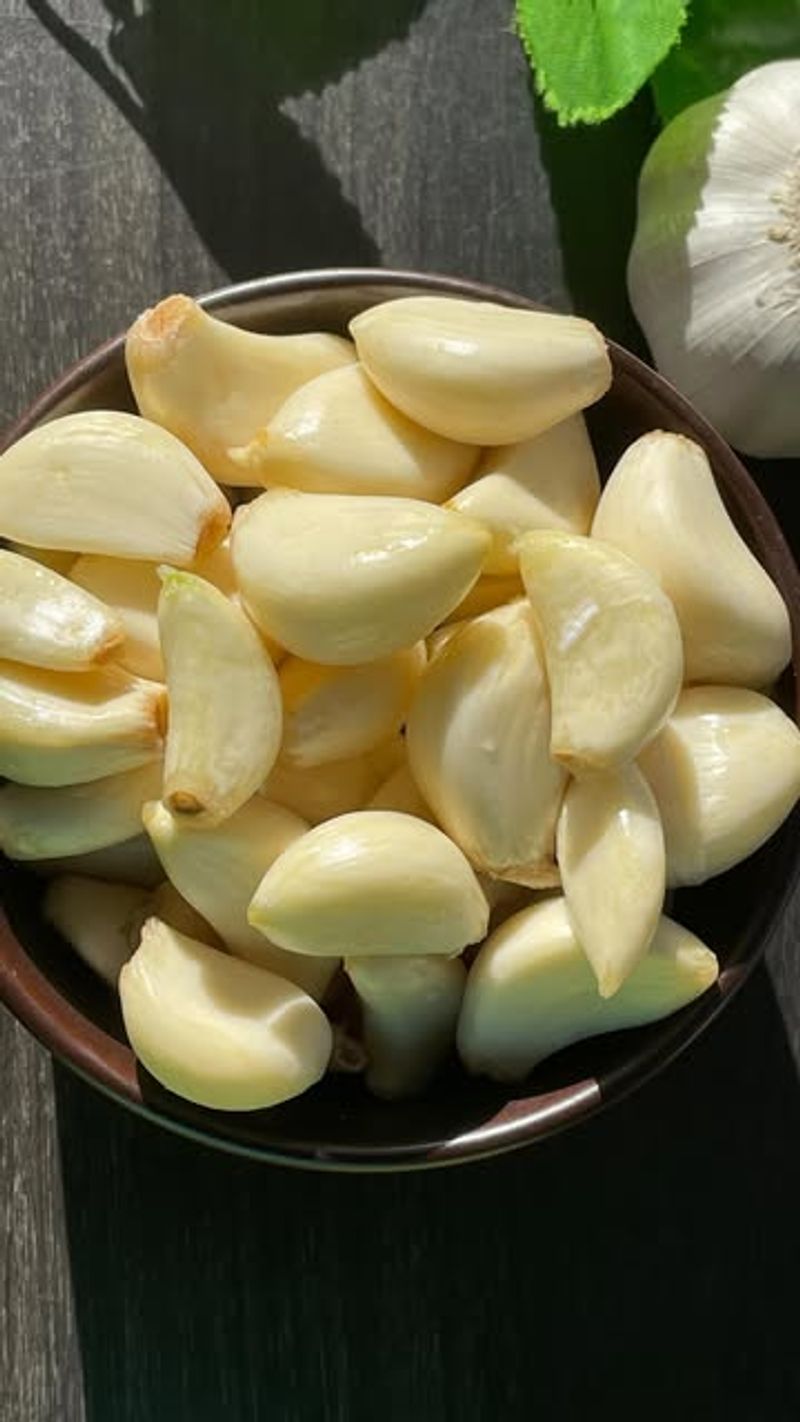
Nothing sends rodents scampering faster than the pungent aroma of fresh garlic. Squirrels and chipmunks have evolved to avoid strong odors as potential warning signs of danger. Simply crush a few cloves and scatter them around your garden beds or planters.
The sulfur compounds that give garlic its distinctive smell create an invisible barrier these critters won’t cross. Replace the cloves every few days to maintain potency, especially after rainfall.
3. White Vinegar: Sour Scent Barrier
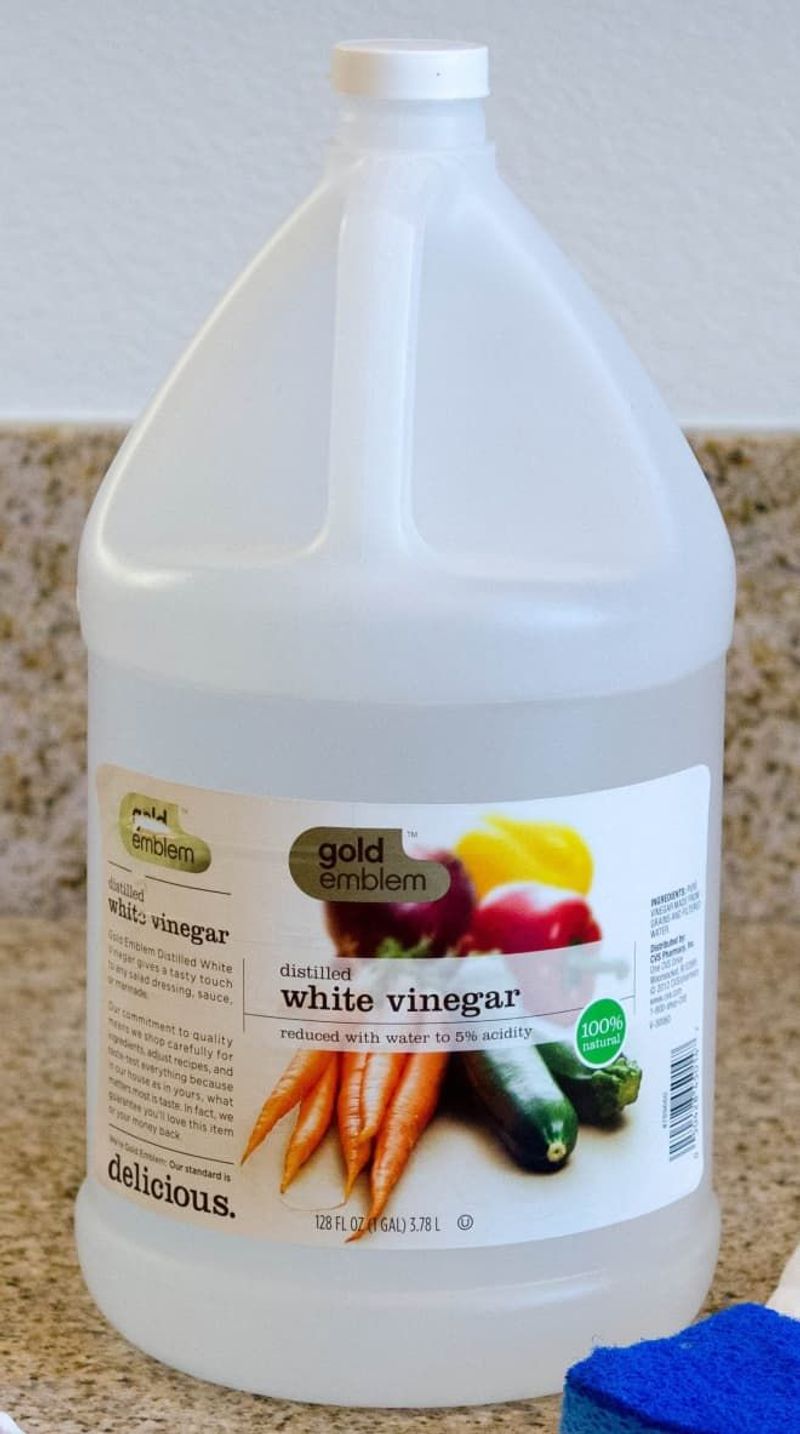
White vinegar’s sharp, acidic smell overwhelms the sensitive noses of squirrels and chipmunks. Many gardeners swear by this pantry staple as an effective deterrent. Pour vinegar into small containers or spray it around the perimeter of areas you want to protect.
The acetic acid creates an invisible boundary these furry visitors avoid crossing. Reapply every few days or after rain to maintain the barrier. Unlike commercial repellents, vinegar won’t harm your plants when properly diluted.
4. Predator Urine: Fear Factor
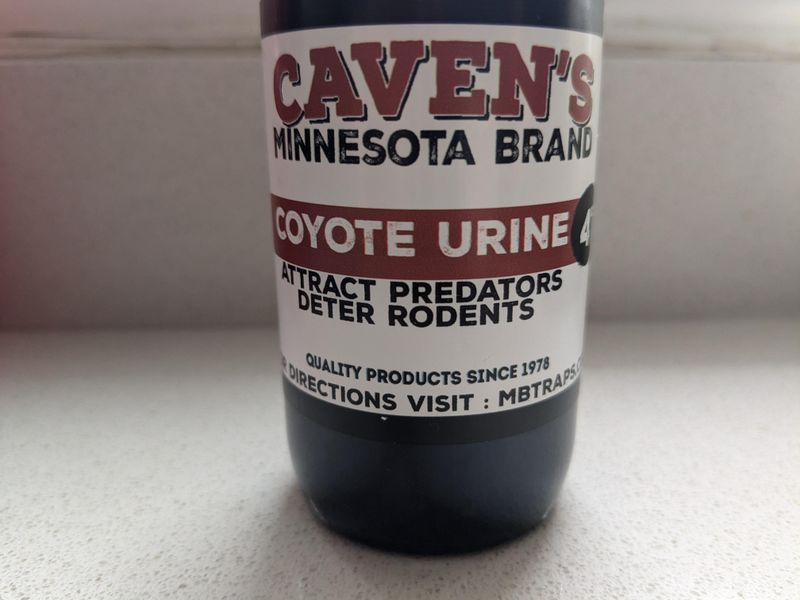
Squirrels and chipmunks survive by avoiding predators, and they’re hardwired to flee from the scent of fox, coyote, or wolf urine. Commercial predator urine products tap into this primal fear response. Sprinkle granules around your garden’s perimeter or place liquid versions in small containers.
The rodents detect the danger signal and stay away, thinking a predator has marked the territory. Most products need reapplication every two weeks or after heavy rain.
5. Coffee Grounds: Caffeine Deterrent
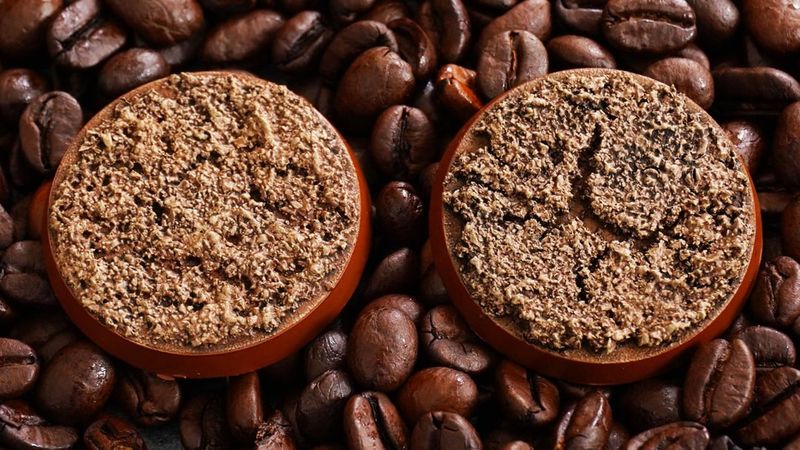
Used coffee grounds pull double duty in the garden – they enrich soil while keeping pesky rodents at bay. The strong smell confuses squirrels and chipmunks, making them avoid areas where grounds are present. Simply sprinkle used grounds around plants, trees, and garden beds.
As an added bonus, coffee grounds add nitrogen to your soil as they break down. Many coffee shops give away used grounds for free, making this an economical solution for large areas.
6. Hot Pepper: Spicy Squirrel Solution
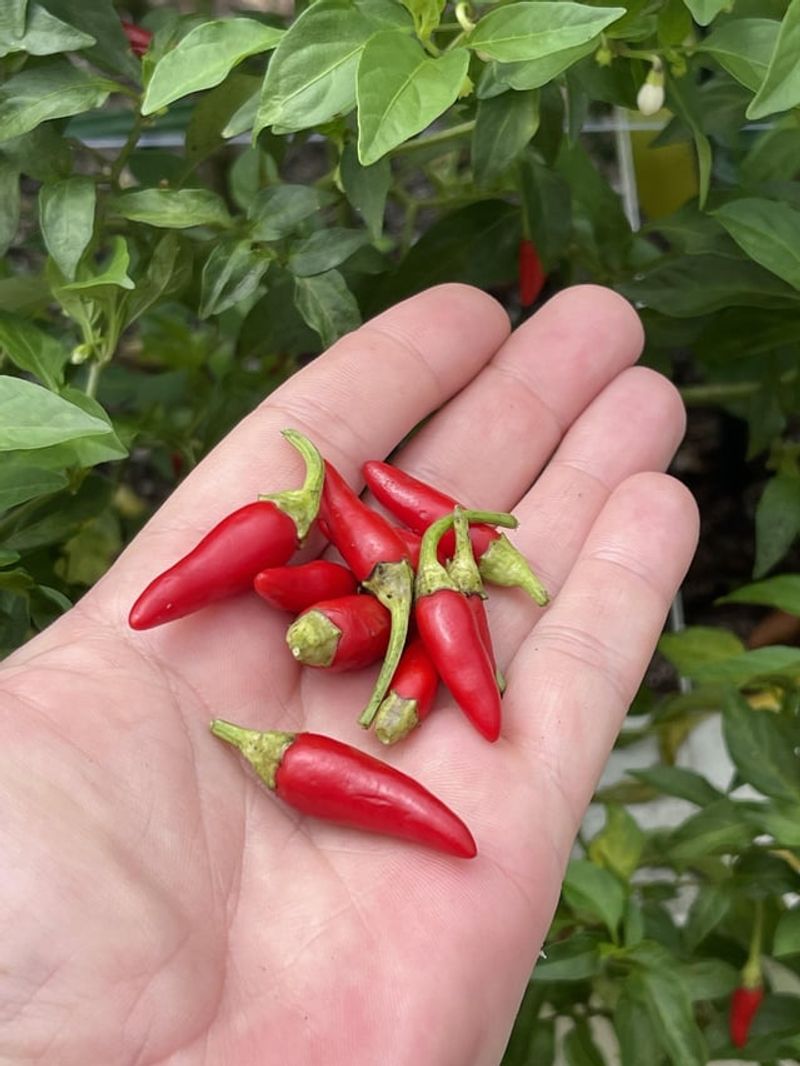
Capsaicin, the compound that gives peppers their heat, creates an unbearable burning sensation in a squirrel’s mouth and nose. Their sensitive membranes can’t tolerate even small amounts of this fiery substance.
Sprinkle cayenne pepper powder around plants or spray a homemade pepper solution on vulnerable areas. The burning sensation teaches rodents to avoid your garden altogether. Reapply after rain or every few days for consistent protection during peak activity seasons.
7. Castor Oil: Underground Repellent
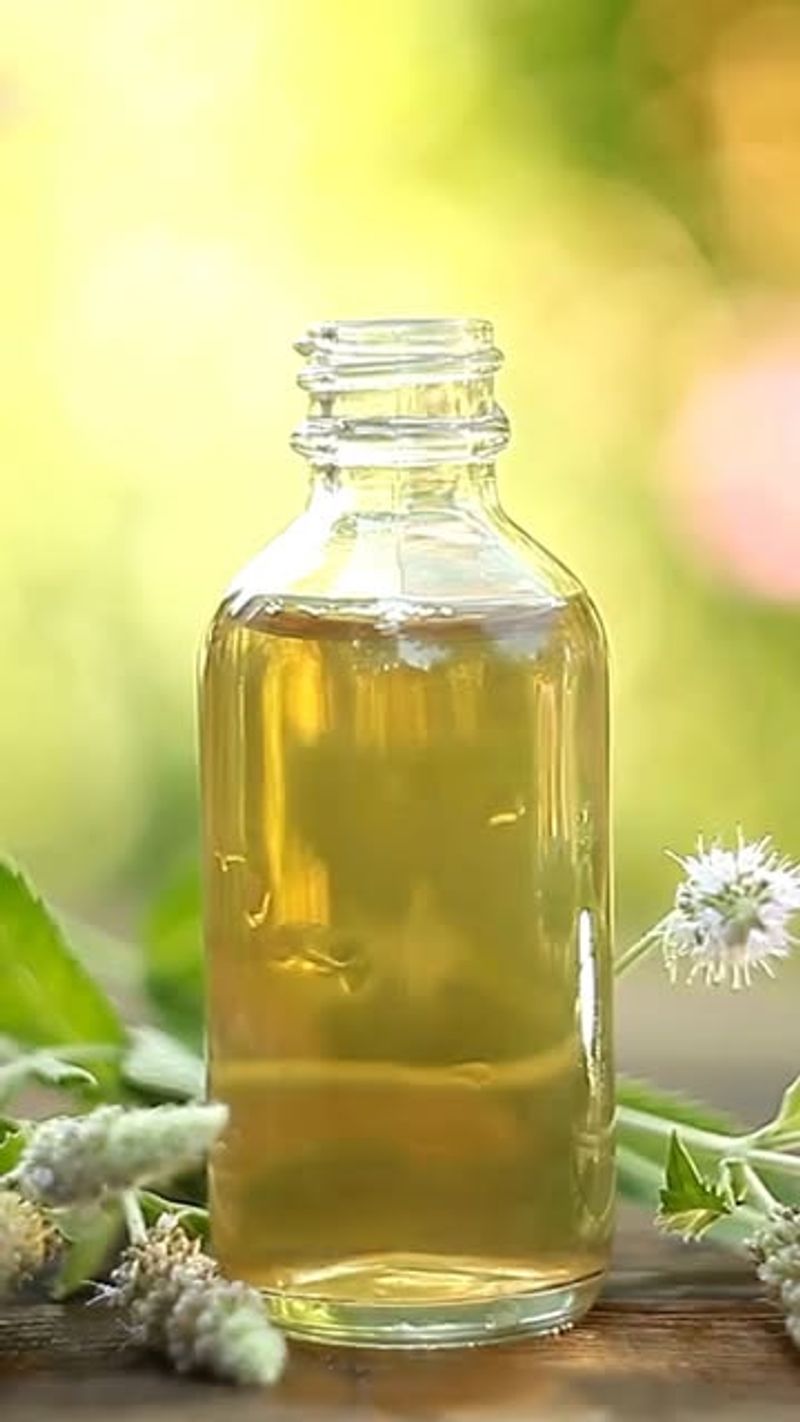
Castor oil creates an unpleasant taste and smell that drives burrowing rodents crazy. When absorbed into the soil, it coats food sources and makes the area inhospitable without harming the animals. Mix castor oil with water and a few drops of dish soap, then spray this solution around your yard.
The oil penetrates the soil while the soap helps it stick to plants and surfaces. Many gardeners report success using this method for both above-ground and tunneling rodent problems.
8. Irish Spring Soap: Clean and Clear
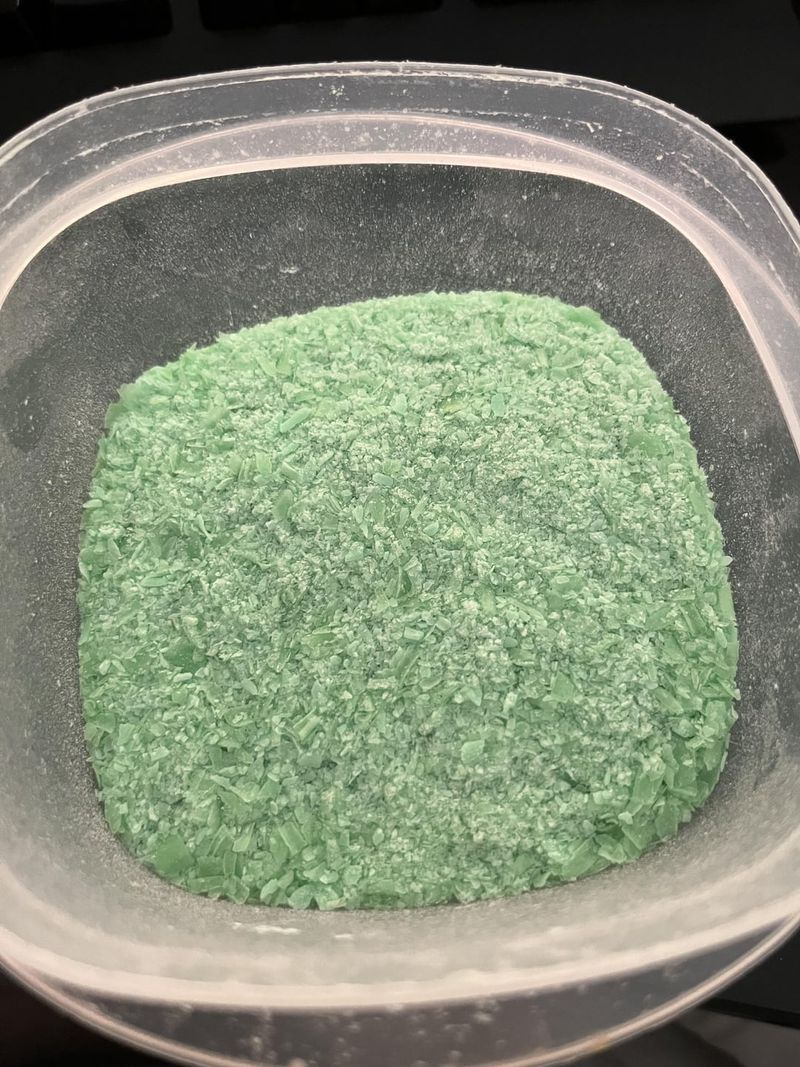
Irish Spring soap contains tallow, which produces a smell that squirrels and chipmunks find particularly offensive. This bathroom staple has become a garden secret weapon for many homeowners. Cut bars into small chunks and place them in mesh bags or directly in the garden.
The strong scent lasts for weeks, even in rainy conditions. As the soap slowly dissolves, it continues releasing its deterrent aroma without harming plants or creating unsightly residue.
9. Onions: Tear-Jerking Barrier
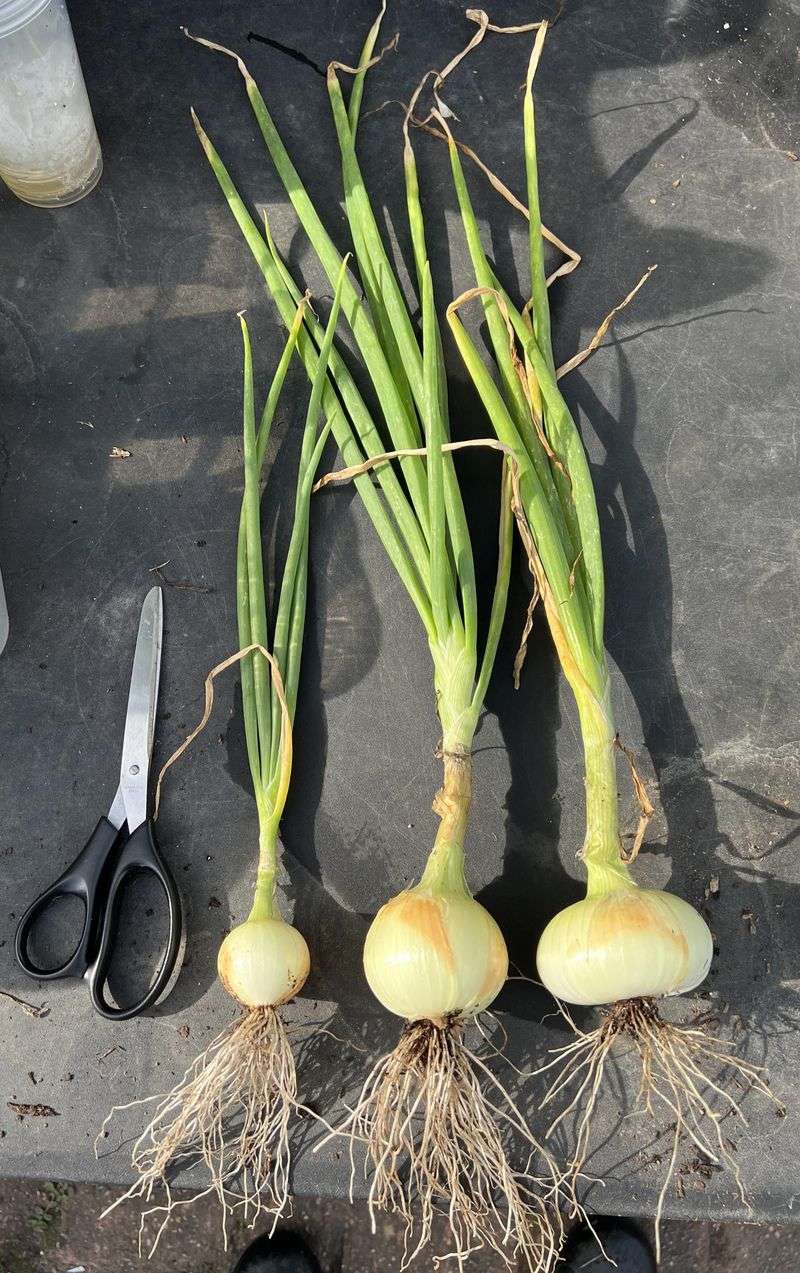
Onions contain sulfuric compounds that irritate the sensitive noses of rodents. These compounds trigger the same reaction in squirrels as they do in humans – but much more intensely. Plant onions as a border around vulnerable garden areas or place onion slices near problem spots.
The pungent aroma creates an invisible fence that most rodents won’t cross. Replace onion slices every few days as they dry out and lose potency. Fresh onions work better than dried ones.
10. Mothballs: Potent but Problematic
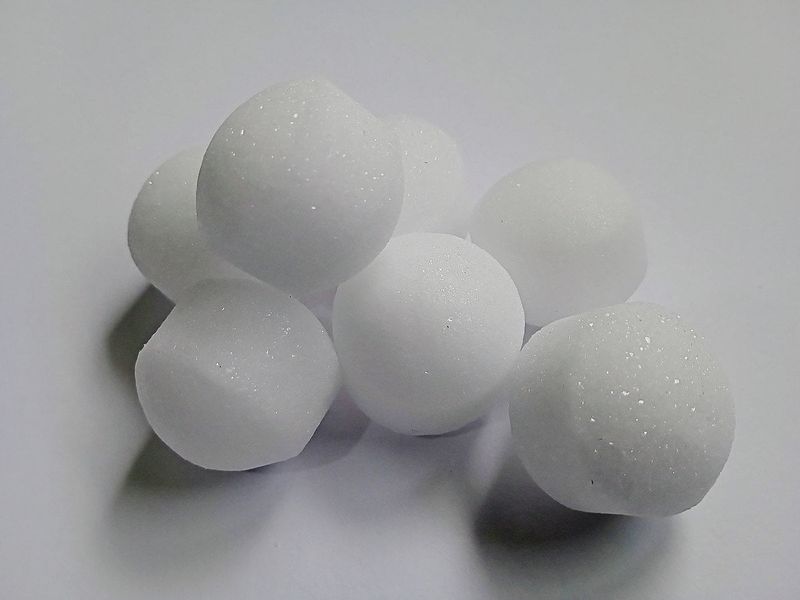
Mothballs emit a strong naphthalene or paradichlorobenzene odor that squirrels and chipmunks avoid at all costs. Their powerful scent overwhelms rodents’ sensitive olfactory systems. Place mothballs in mesh bags and hang them in problem areas – but keep them away from edible plants.
The chemical smell penetrates the surrounding area, creating a no-go zone for curious critters. Important caution: Use mothballs sparingly as they contain chemicals that can harm pets, children, and beneficial insects.
11. Blood Meal: Nitrogen-Rich Repellent
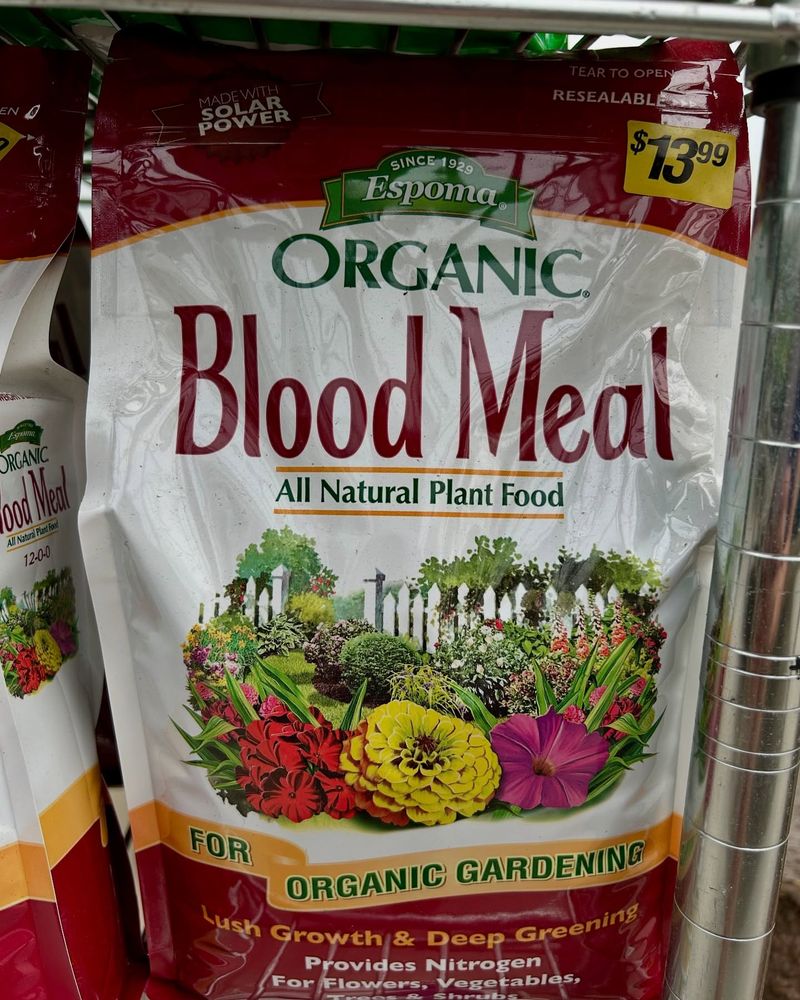
Blood meal, a slaughterhouse byproduct, serves as both fertilizer and rodent deterrent. Squirrels and chipmunks interpret the scent as a warning sign of predator activity nearby. Sprinkle this powder around plants, bulbs, and garden beds that need protection.
The nitrogen-rich substance feeds your plants while keeping rodents at bay. Reapply after heavy rain or every few weeks during growing season. As a bonus, blood meal deters rabbits and deer too!
12. Citrus Peels: Zesty Protection
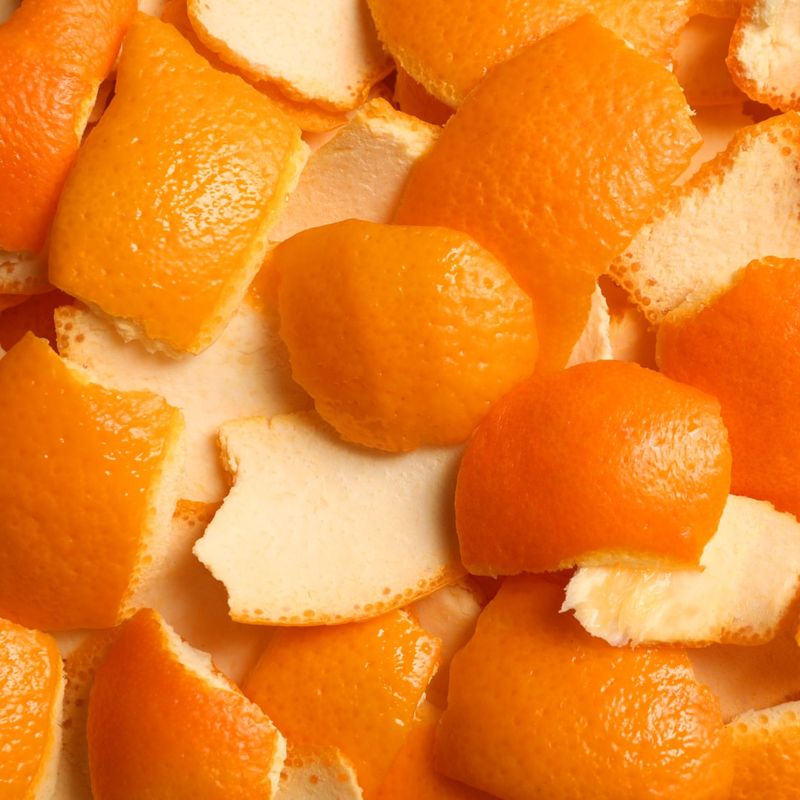
Limonene, the compound giving citrus its distinctive smell, sends squirrels and chipmunks running. Their sensitive noses find the strong citrus oils overwhelming and irritating. Save orange, lemon, and grapefruit peels from your kitchen and scatter them throughout your garden.
You can also make a citrus spray by boiling peels in water and cooling the mixture. Replace peels weekly as they dry out and lose their potent oils. This approach recycles kitchen waste while protecting your garden!
13. Cedar Chips: Aromatic Barrier
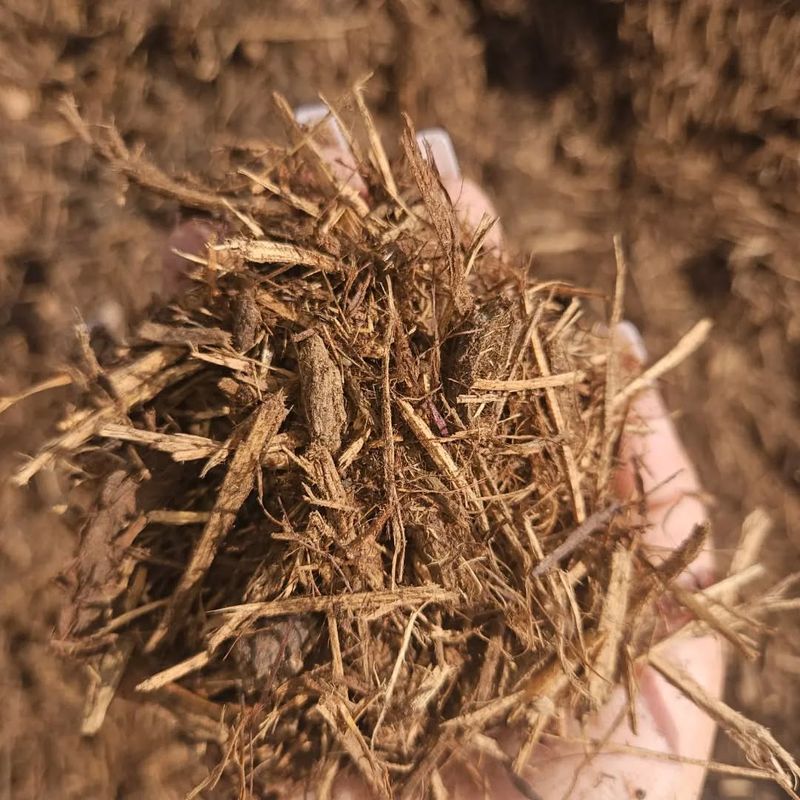
Cedar wood contains natural oils that emit a pleasant aroma to humans but repel rodents effectively. The volatile compounds irritate squirrels’ and chipmunks’ respiratory systems. Spread cedar mulch or chips around garden beds, trees, and vulnerable plants.
Beyond repelling rodents, cedar mulch helps retain soil moisture and prevents weed growth. The scent remains effective for months, making this one of the longest-lasting natural deterrents. Cedar chips also repel certain insects like moths and cockroaches.
14. Mint Plants: Living Deterrent
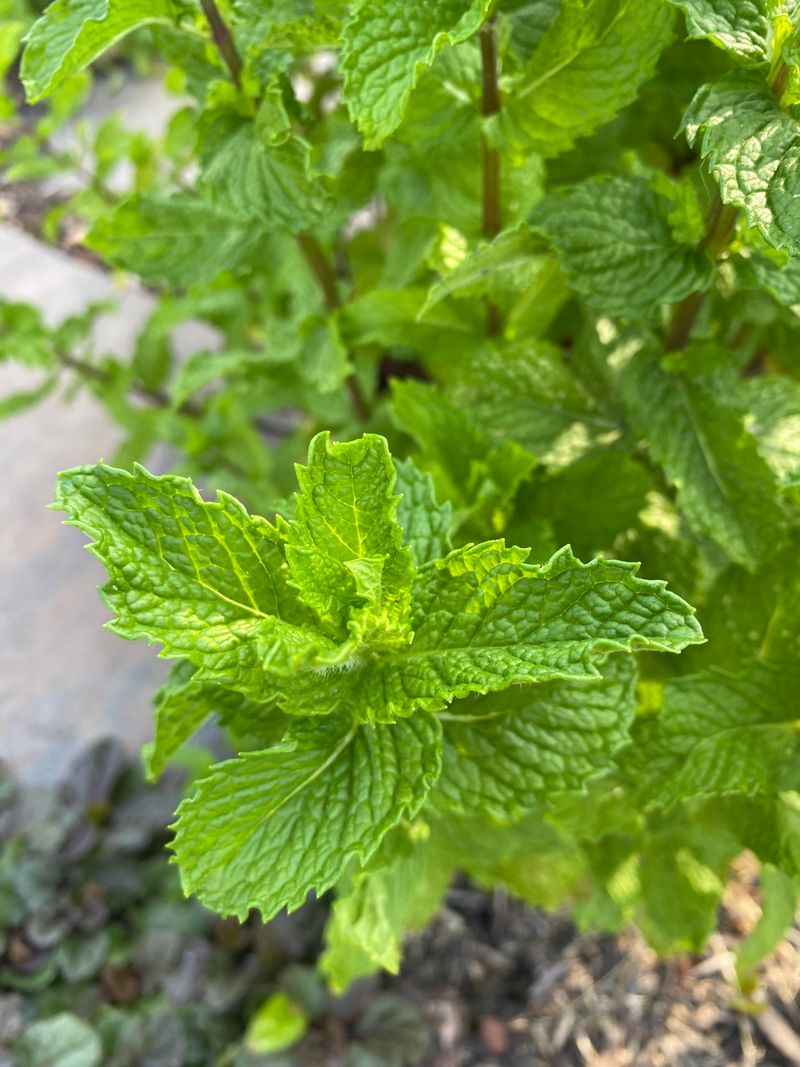
Growing mint creates a living barrier that squirrels and chipmunks avoid crossing. The strong menthol scent that we find refreshing overwhelms their sensitive olfactory systems. Plant mint around garden perimeters or in containers near problem areas.
As an added benefit, you’ll have fresh mint for cooking and beverages all season long. Be careful though – mint spreads aggressively, so consider planting it in containers to prevent it from taking over your garden.
15. Ammonia: Chemical Deterrent
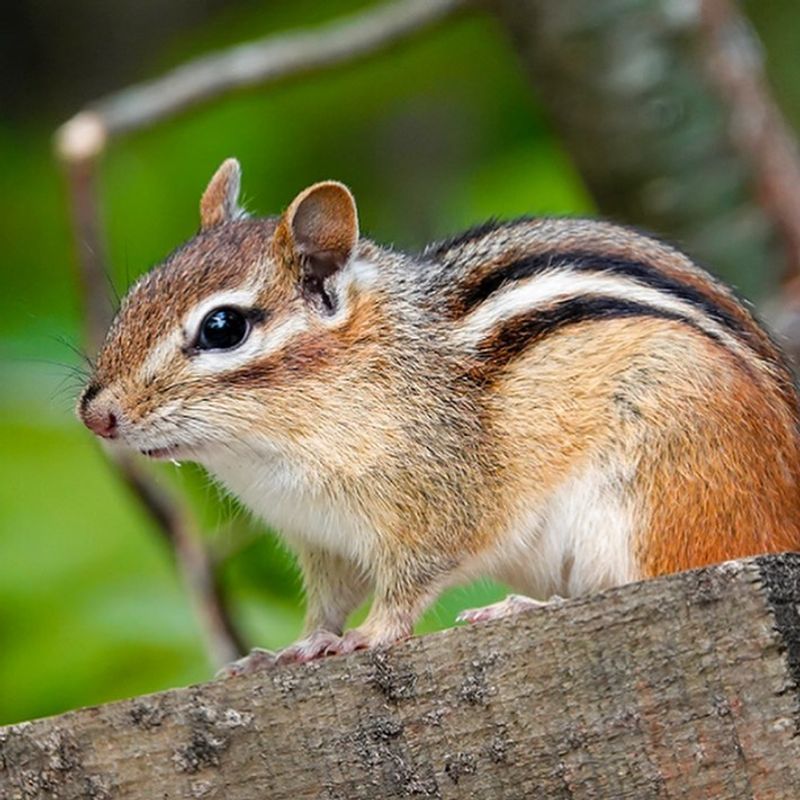
Ammonia’s harsh smell mimics predator urine, triggering survival instincts in squirrels and chipmunks. Their keen noses detect this potential danger signal from considerable distances. Soak rags in ammonia and place them in sealed containers with small holes punched in the lids.
Position these containers around your garden, refreshing the ammonia every few days. Keep ammonia away from plants as direct contact can burn foliage. This method works best for non-planted areas like attics or sheds.
16. Marigolds: Flowering Fortress
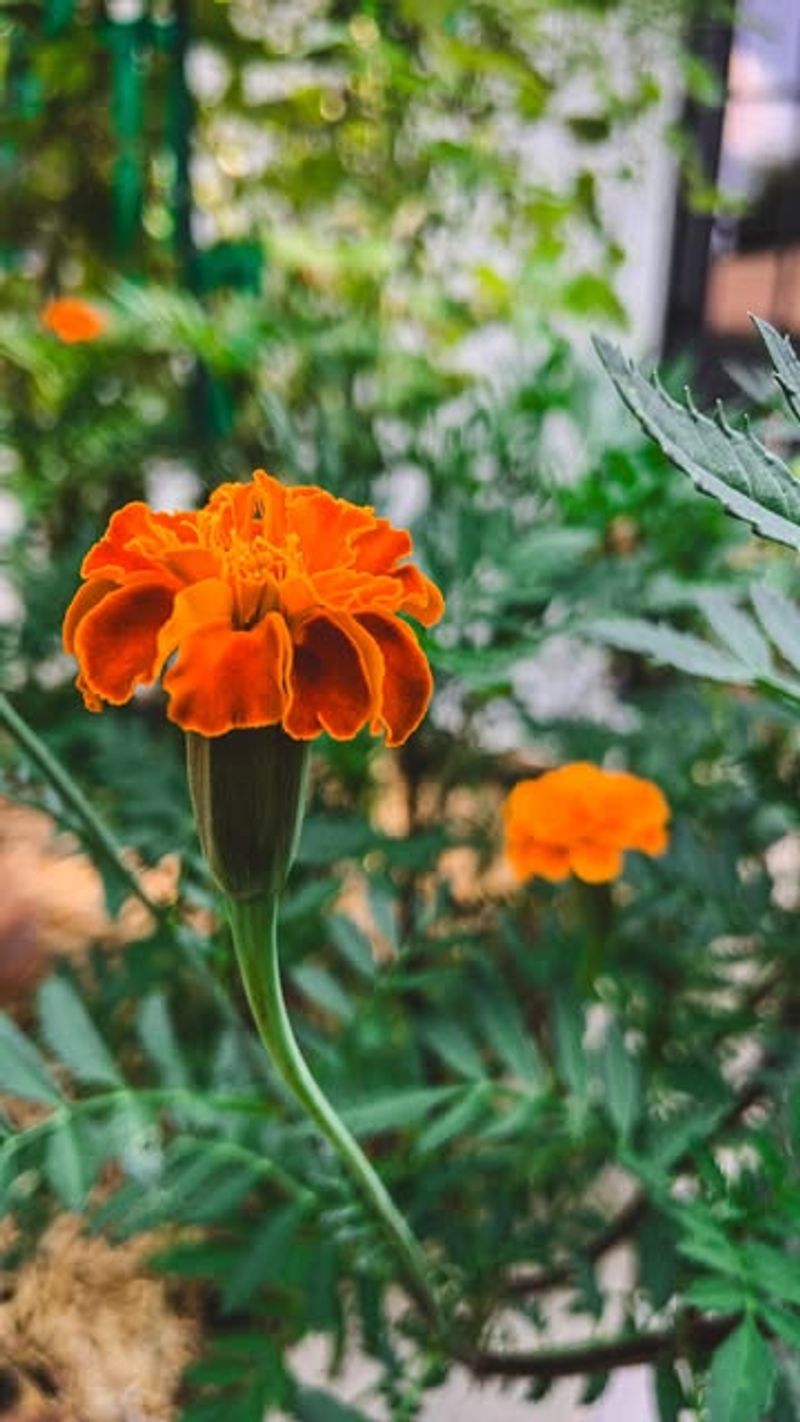
Marigolds produce a distinct scent from their roots and flowers that squirrels find particularly offensive. Many gardeners plant these bright bloomers specifically for their pest-repelling properties. Create a border of marigolds around vegetable gardens or flower beds you want to protect.
Their vibrant orange and yellow flowers add beauty while serving as a functional deterrent. French marigold varieties tend to have the strongest scent and most effective repelling properties against various garden pests.

